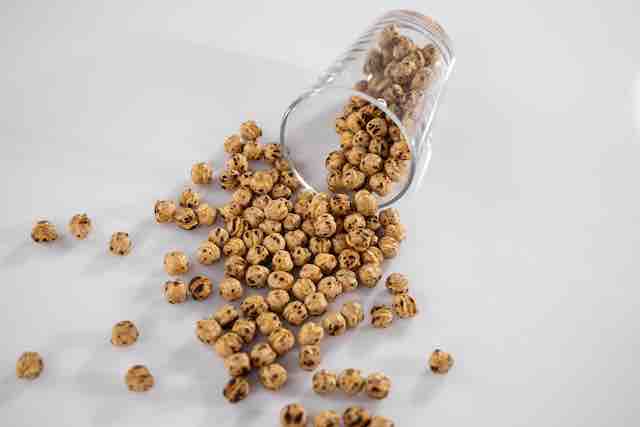Have you ever heard of trace minerals? These are essential minerals that are required by the body in small amounts but play a critical role in various bodily functions. While we often hear about the importance of getting enough vitamins, we don’t often hear about the importance of getting enough trace minerals.
So, what exactly are trace minerals? Trace minerals are minerals that are needed by the body in small amounts, usually less than 100mg per day. Unlike macrominerals like calcium, magnesium, and potassium, which we need in larger amounts, trace minerals are only required in trace amounts. However, that doesn’t mean they are any less important.
Trace minerals play a crucial role in various bodily functions. For example, they are essential for maintaining healthy bones, supporting the immune system, and aiding in nutrient absorption. They are also important for maintaining healthy skin, hair, and nails.
Some of the most important trace minerals include iron, zinc, copper, manganese, selenium, and chromium. These minerals are involved in various bodily processes and can have numerous health benefits.
Iron, for example, is necessary for the production of hemoglobin, which carries oxygen throughout the body. Zinc is important for immune function, wound healing, and DNA synthesis. Copper is involved in the production of red blood cells, while manganese is important for bone health and wound healing. Selenium plays a critical role in thyroid function, and chromium helps regulate blood sugar levels.
So, how can you ensure that you are getting enough trace minerals in your diet? The good news is that trace minerals can be found in a variety of dietary sources. Iron can be found in foods like red meat, poultry, beans, and leafy greens. Zinc can be found in oysters, beef, pork, and nuts. Copper can be found in shellfish, nuts, and seeds, while manganese can be found in whole grains, nuts, and leafy greens. Selenium can be found in seafood, meat, and Brazil nuts, while chromium can be found in broccoli, whole grains, and potatoes.
However, if you are not getting enough trace minerals from your diet, you may want to consider taking a mineral supplement. Mineral supplements can be a convenient way to ensure that you are getting all of the essential trace minerals your body needs.
In conclusion, trace minerals are essential minerals that are required by the body in small amounts but play a critical role in various bodily functions. They are involved in everything from maintaining healthy bones to supporting the immune system and aiding in nutrient absorption. By ensuring that you are getting enough trace minerals through your diet or supplements, you can help support your overall health and well-being.












